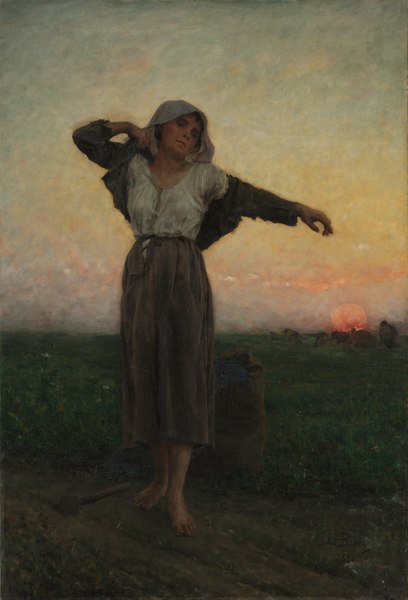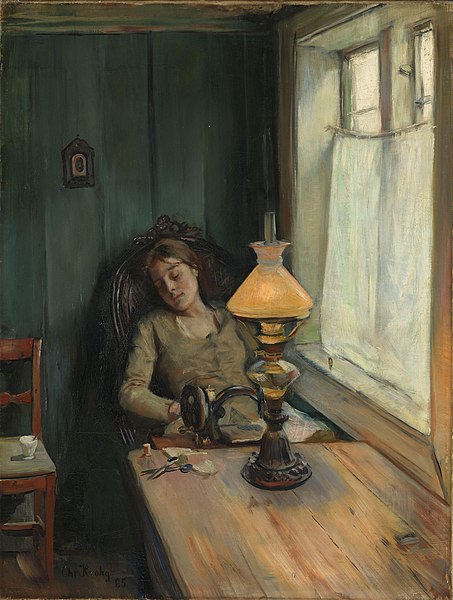
On Wednesday, 21 July 2021, Thammasat University students are cordially invited to join a free Zoom webinar on Pandemic fatigue: young people and mental health.
The Thammasat University Library collection includes several books about different aspects of the impact of the Novel Coronavirus 2019 (COVID-19) pandemic.
The event is presented by the University of Sydney, Australia, starting at 12:30pm Bangkok time.
As the event website states,
What does lockdown 2.0 mean for younger people and how does it impact on their mental health?
As we experience waves of rising COVID-19 cases, and feel the very real and immediate impacts of greater restrictions, how do we take care of ourselves, and each other as a society? Especially when we’re not just in lockdown but we also have a generation locked out of opportunities?
This upcoming Sydney Ideas conversation will explore pandemic fatigue and mental health with focus on young Australians and key findings from a new report by Australia’s Mental Health Think Tank.
Join our panel of passionate mental health experts and leaders including:
Dr Marlee Bower, Research Fellow at the Matilda Centre, who brings insights to understanding social isolation and loneliness;
Lucinda (Lucy) Brogden AM, Chair of National Mental Health Commission
University of Sydney Student Representative Council President and Arts/Law student Swapnik Sanagavarapu;
Dr Pranita Shrestha, Research Associate in the School of Architecture, Design and Planning, who has expertise in housing affordability; and
Professor Maree Teesson AC, Director of the Matilda Centre, and Chair of Australia’s Mental Health Think Tank, moderates the conversation.
We discuss the “shadow pandemic” of deteriorating health, impacts of social connection and disconnection, government interventions and directions for reform, as well as practical advice to cope with such challenging times.
TU students interested to participate may register at this link.
The event will also be streamed on The University of Sydney’s Facebook page for students who may not wish to ask any questions.
A podcast and transcript of the event will be made available on the event information page after the event.
Students who may have questions for the panel may submit them during the registration process for the event.
Or questions may be sent by email to this email address for forwarding:
sydney.ideas@sydney.edu.au
Pandemic fatigue is the condition of feeling tired of recommended precautions and restrictions relating to a pandemic, often due to the length of restrictions and lack of activities, resulting in boredom and other issues. These may lead students and young people in other countries to forget about required precautions and risk catching the disease. Pandemic fatigue can be responsible for an increased number of cases.
For this reason, the World Health Organization (WHO) has produced a guide to Reinvigorating the public to prevent COVID-19.
Its executive summary reads:
Despite documented public support for pandemic response strategies across the WHO European Region, Member States are reporting signs of pandemic fatigue in their populations – here defined as demotivation to follow recommended protective behaviours, emerging gradually over time and affected by a number of emotions, experiences and perceptions. Responding to a request from Member States for support in this field, this document provides a framework for the planning and implementation of national and subnational strategies to maintain and reinvigorate public support to prevent COVID-19. Pandemic fatigue is an expected and natural response to a prolonged public health crisis – not least because the severity and scale of the COVID-19 pandemic have called for the implementation of invasive measures with unprecedented impacts on the daily lives of everyone, including those who have not been directly affected by the virus itself.
Among advice offered on the website of the Johns Hopkins University Medical School, Baltimore, Maryland, the United States of America (USA), include the following:
Give kids some choices.
When encouraging her kids to wear masks, Parrish says she let her own children customize them. “As more of a variety in patterns became available, I let them pick colors and fabrics they liked.”
Kids can also choose their favorite scent of hand sanitizer or a fun virtual game to enjoy remotely with their friends.
Involve children in keeping families consistent.
Parrish says that she lets her children have a voice in making sure the family maintains safety precautions. “I told them they are allowed to remind me if I ever forget my seatbelt,” she says. “Giving them that level of involvement helps keep them engaged in safer practices.”
Parents can give kids permission to remind other family members to maintain physical distance, wear a mask and keep their hands clean.

On the website of the University of Colorado (UC), USA, these suggestions by Dr. Justin Ross, a UC psychologist, are presented for avoiding pandemic fatigue:
Breathe and Meditate.
Breathing exercises are the simplest way to reduce stress and anxiety. Slow your breathing to tell your body that there’s no immediate threat. We’re built to kick into gear quickly if we need our “fight or flight” response. But stress also can trigger the same systems. And our bodies don’t do well if we’re constantly on high alert.
Ross suggests doing very simple deep breathing sessions at least three times a day. Schedule them and force yourself to slow down and breathe.
“Breathing helps us manage the anxiety response on a physical, physiological and mental level,” Ross said.
The physical level is how the body reacts physically. The physiological response centers on the nervous system. And of course, our mental responses relate to how our brain is responding to stress.
Breathing deeply has the remarkable power to affect people on all three levels.
“One minute of deep breathing helps slow down the sympathetic nervous system — the fight or flight response associated with anxiety. Breathing also helps turn on the parasympathetic nervous system, which helps us restore balance and can provide a sense of calm and focus,” Ross said.
Monitor your social media: Stop ‘doomscrolling’ and limit time on your screens.
“Your attention is currency, and social media is designed to take as much of your attention currency as possible,” Ross said.
“Doomscrolling, or purposely tuning in to negative stories on TV or on social media, fuels increased dread, uncertainty, anxiety, and fatigue,” Ross said.
His advice: deliberately stay off social media. If you’re hooked on checking your social feeds on your phone, remove the apps. Try scheduling two, 5-minute “check-in” sessions each day. Then, other than that, stay off social media. If you’re purposely watching cable news shows that are stressing you out, cut the cord, read a book, listen to music or purposely watch shows or movies that transport you to calmer times and places.
“Anxiety can build from media exposure,” Ross said. “Limit your consumption. Pick one or two trusted sources that you are going to rely on and screen out all the others.”
Restore and replenish your energy.
During difficult times, we need to deliberately carve out breaks to restore and replenish our reserves. Set reminders to take breaks during the day.
“Take a walk. Take a bath. Read a book. Do things that are deliberately calming. Sitting on the couch and binging Netflix can seem relaxing, but it also can be avoidance behavior that isn’t actually restorative at all,” Ross said.
In order to take care of ourselves in restorative ways, we need to make deliberate decisions.
Be active.
Another way to replenish energy is through what’s known as “active self-care.”
“Physical activity, exercise and anything that connects you to meaning and movement all will work,” Ross said.
Again, finding balance and being deliberate about your choices is vital. If you’re constantly going on runs, but aren’t taking time to check in on your mental health or to rest and recharge, then you might not feel better, even after a long run.
Ross, himself, loves to run. He had planned to run both the Boston and Berlin marathons in 2020, both of which were ultimately canceled. This year, he has had to accept the losses of races that didn’t happen and recognize that movement can serve a number of different needs. It doesn’t always have to be about racing for a personal best. In turn, his routine has changed, but he still makes movement a daily priority.
If you need help getting more active, make plans with a friend. Wear a mask and meet for a socially distant walk, hike or run. If the weather is lousy, call a friend and challenge each other to work out indoors.
Other international universities, including the University of California at Los Angeles (UCLA) also offer ideas about avoiding pandemic fatigue.

(All images courtesy of Wikimedia Commons)
